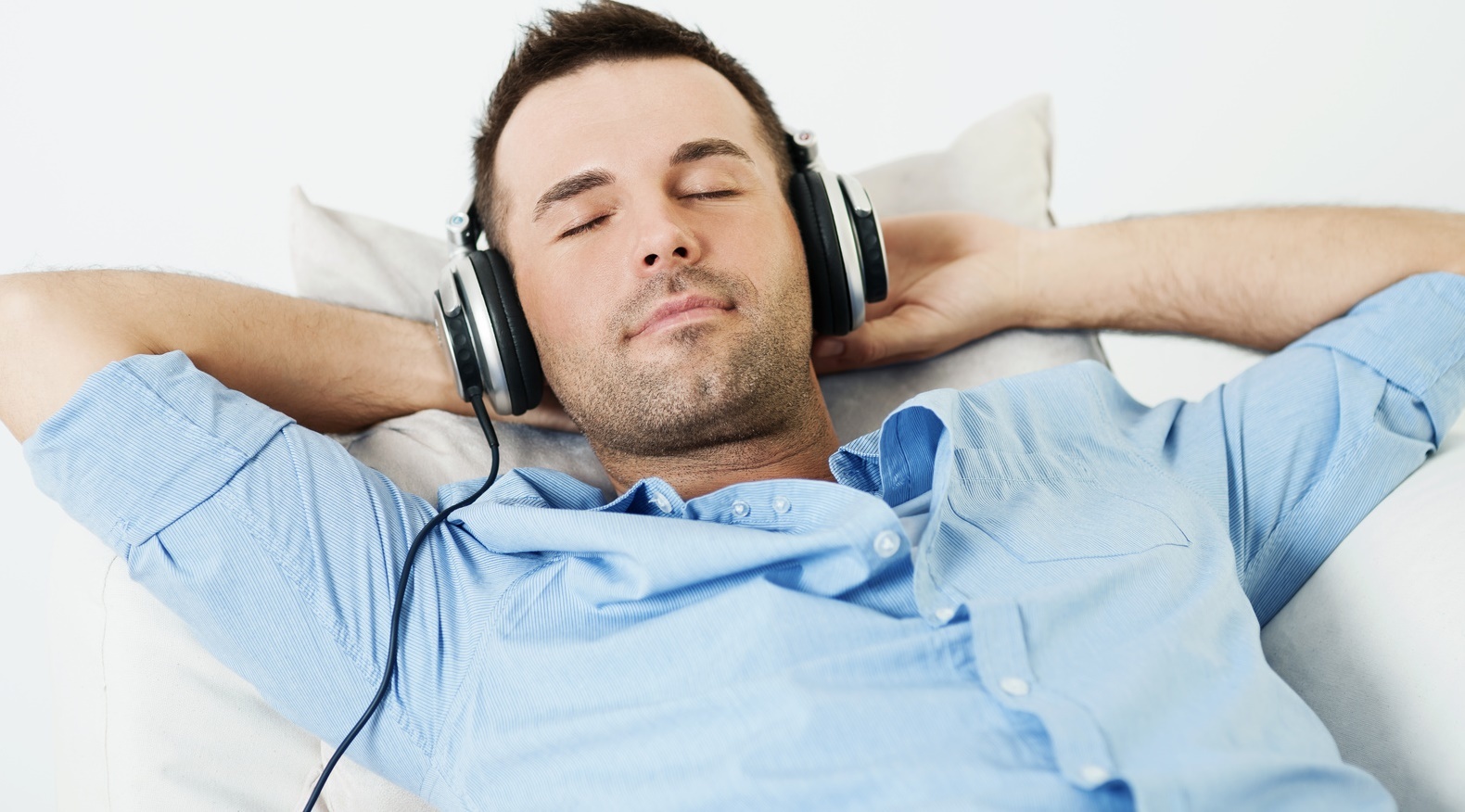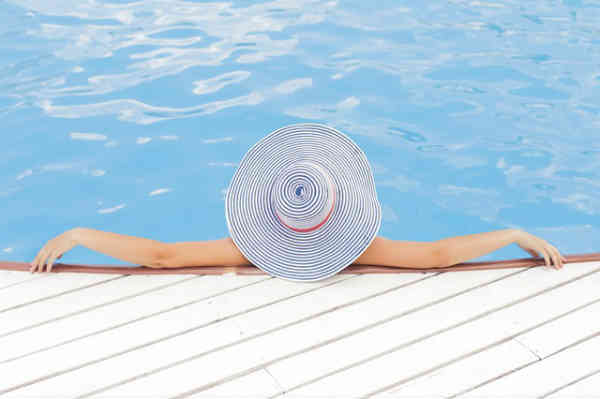By definition, hypnosis is a form of relaxation. What we are going to look at here is what is best termed as the amplification of that state of hypnotic relaxation in order to achieve both mental and physical relaxation.
It may sound pretty obvious but the hypnotist’s, hypnotherapist’s, or even the self-hypnotist’s first question has to be “Is the major relaxation need in the body or the mind?”
That is important because of the choice of script.

So What do You do and How do You Start to Progressively Relax?
In this particular instance, I’m going to assume that no third party is involved and that the individual is using some sort of medium (for instance an relaxation mp3 or CD audio) in order to help him or herself to relax.
- As a self-hypnotist, you should remember that you are looking for both mental and physical relaxation and that your body is going to go into such a state of relaxation that it will actually feel reluctant to move and everything will tend to feel ‘heavier’ to a greater or lesser extent.
- And finally, as far as the physical aspects of your relaxation are concerned, all of your automatically controlled functions such as heart rate and breathing, as well as the speed at which your organs work can be imagined to slow down and maintain no more than natural resting rhythms.
As far as the mind is concerned, it will become disassociated or detached from all negative and stressful emotions. It will also gradually become detached from all worries.
You would do well to imagine what you should feel like if you were in a state of profound relaxation.

Ask yourself what you want to feel like, because it is of no use of just thinking , ‘I want to be relaxed’. You should try and imagine what you expect and what to feel when you are relaxed.
For instance, when I feel relaxed, I’m very conscious of the increasing ‘relaxed-heaviness’ of my body and with it, my eyelids, face, hands and feet etc.
You should also think about the mental aspects of relaxation as you understand them.
An example might be something like a deep daydream or thinking of a memorable holiday when you did feel relaxed, or it might just be the feeling that you get when you are engrossed in a good book.
The choice is yours, because relaxation is something very deeply personal.
For instance, I know people who feel relaxed after running ten miles – something which might absolutely terrify my friend who firmly believes that exercise is vastly overrated! But I would not for one moment argue with someone whose memories of running are associated with post-exercise relaxation.
Breathe.

I am a great believer in asking a subject to breathe rhythmically and to concentrate on that rhythm which is a simple technique, but one which certainly kick-starts a feeling of relaxation, as it is a great shortcut for destroying both physical and mental tensions.
There is little doubt that when you are self-hypnotising, you will experience some sort of hypnotic induction.
I would suggest that you remember which sort of sensations or feelings manifested themselves when you thought that you were either in-trance or approaching it. I mention this purely from the point of view of harnessing that feeling when you want to repeat the experience because it will give you a great shortcut into achieving the state that you are striving for.
If you are not a ‘breather’ you may be a ‘counter’.

If you imagine that say ONE represents a normal state and say TEN represents a state of deep relaxation, you can elect to take yourself on that journey.
The counting technique is especially powerful if you link it to some form of imagery such as walking down TEN steps and pausing on each one, looking around and then progressing to the next step until you are happy that you’ve achieved some sort of progress – not necessarily all the way to number TEN, but you can certainly pick up from where you left off and carry on your journey.
Relax your body.

You may decide that a better technique for you is a purely physical one (and it happens to be one of the more well-known ones), which is where you consciously relax every muscle in your body, but in a methodical and focused way, starting either at the top of your body and working down or vice versa.
If you are listening to an mp3 recording, the odds are that it is employing an imagery technique whereby you take yourself away to somewhere that is attractive to you – the favourites such as a hot beach, a forest clearing or even a church – the choices are infinite.
This is a technique which relies on your colourful imagination and if you don’t believe that you have a colourful imagination – just try it!
If you decide to ‘self administer’ relaxation through the medium of self-hypnosis, I would suggest two things: try an audio recording for stress relief of some sort because it will make life much easier for you and you should also build your relaxation routine into your daily life.
You will experience profound changes within days and after that it will merely be a case of keeping ‘topped up’.
Eventually, believe it or not, the mere thought of sitting down in a comfortable chair and going through your personal relaxation routine will make you relax even before you sit down!
P.S. If the words in this article were chosen correctly, you should now be feeling VERY relaxed!
